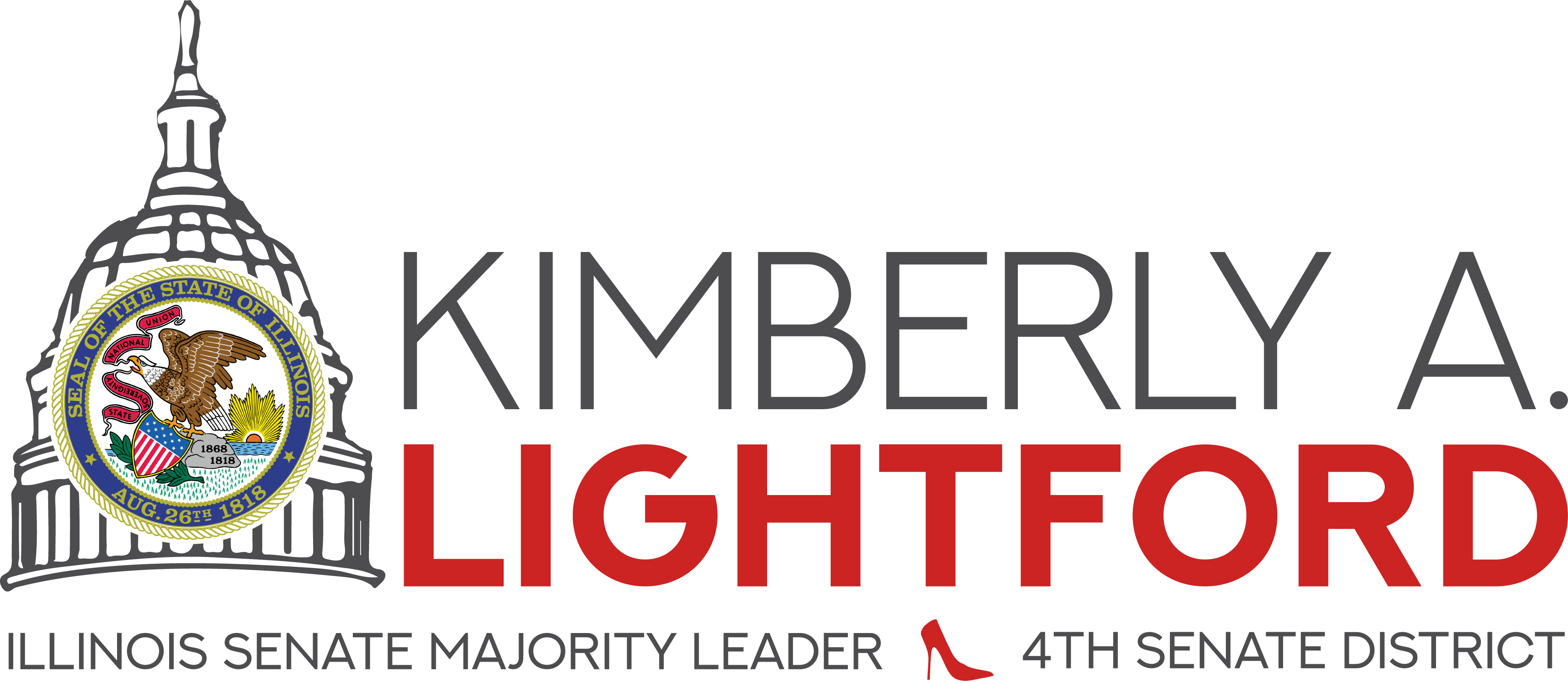- Details
- Category: News
 Senate Majority Leader Kimberly A. Lightford (D-Maywood) hosted a Town Hall Discussion on Cannabis Legalization on Monday at the Garfield Park Conservatory. Participants heard from a panel of advocates and experts on the process of legalizing cannabis for recreational use in Illinois.
Senate Majority Leader Kimberly A. Lightford (D-Maywood) hosted a Town Hall Discussion on Cannabis Legalization on Monday at the Garfield Park Conservatory. Participants heard from a panel of advocates and experts on the process of legalizing cannabis for recreational use in Illinois.
Senator Heather Steans (D-Chicago), sponsor of the current proposal, gave a presentation on the potential financial impact on the state and how some of the revenue could be used to support communities most affected by the war on drugs.
Kareem Kenytta from the Marijuana Policy Project joined Steans to speak more deeply on the effect current policy has on social justice in the black community and possible opportunities in the cannabis industry for individuals from historically over-policed communities.
Daniel Pettigrew with business group Viola shared his experience with the small business aspect of legalizing cannabis, and Donte Townsend with advocacy group Chicago NORML spoke about access for black businesses and possible issues people could face if they choose to use recreational marijuana once legalized.
  |
 |
- Details
- Category: News
 SPRINGFIELD – Minimum-wage earners statewide could soon see a pay increase under a proposal approved by the Senate on Thursday that raises the minimum wage to $15 by January 2025. Majority Leader Kimberly A. Lightford (D-Maywood) directed efforts that would give hardworking families a much-needed raise.
SPRINGFIELD – Minimum-wage earners statewide could soon see a pay increase under a proposal approved by the Senate on Thursday that raises the minimum wage to $15 by January 2025. Majority Leader Kimberly A. Lightford (D-Maywood) directed efforts that would give hardworking families a much-needed raise.
“The people who keep businesses going deserve a salary that allows them to take care of their financial responsibilities whether is taking care of a family, paying off student loans or simply covering their basic needs,” Lightford said.
- Details
- Category: News
- Details
- Category: News
 SPRINGFIELD – Majority Leader Kimberly A. Lightford (D-Maywood) tackles raising the minimum wage as a priority issue to start the spring legislative session. Senate Bill 1 is currently being negotiated with the goal of raising the minimum wage in Illinois to $15 per hour.
SPRINGFIELD – Majority Leader Kimberly A. Lightford (D-Maywood) tackles raising the minimum wage as a priority issue to start the spring legislative session. Senate Bill 1 is currently being negotiated with the goal of raising the minimum wage in Illinois to $15 per hour.
The Senate Labor Committee held a hearing on the minimum wage in Illinois on Wednesday to discuss the current proposal. Panels discussed the need for raising the minimum wage as well as pay for tip workers, the youth subminimum wage and support for small businesses.
“I am looking at our working families with the damage the past four years have done still in mind,” Lightford said. “They have waited for a raise for much too long, and it is time for people working full time to bring home a paycheck that allows them to provide for themselves and their families.”
Lightford is responsible for the 2003 and 2006 laws that gradually increased the minimum wage from $5.15 to the current $8.25 per hour.
More Articles …
Page 75 of 127








